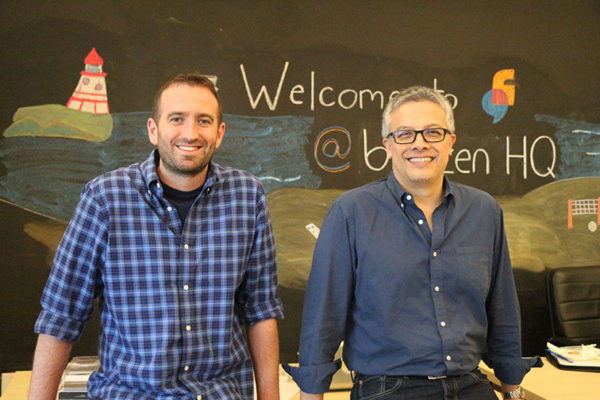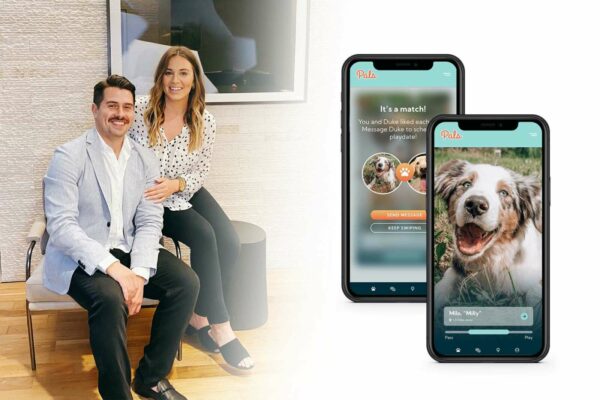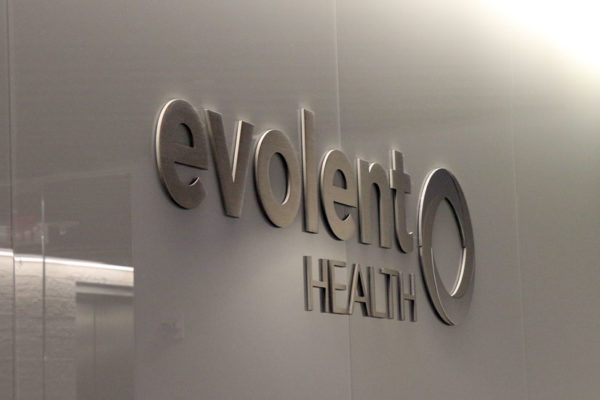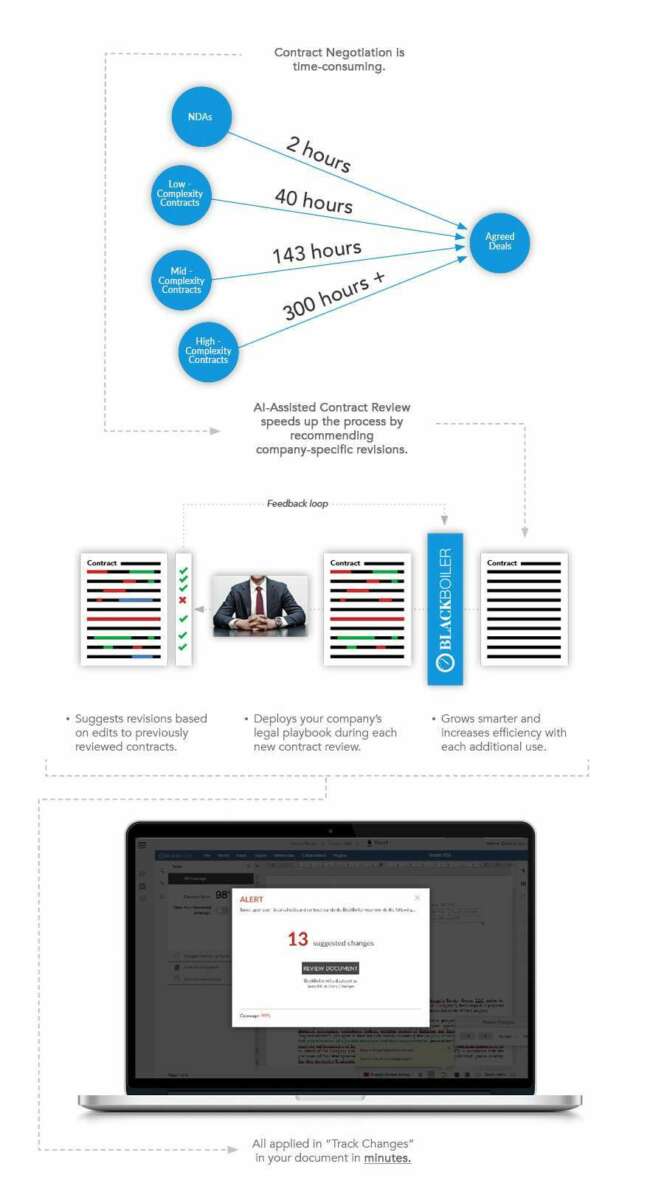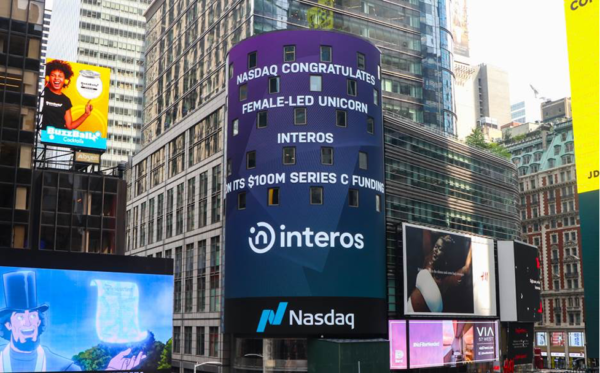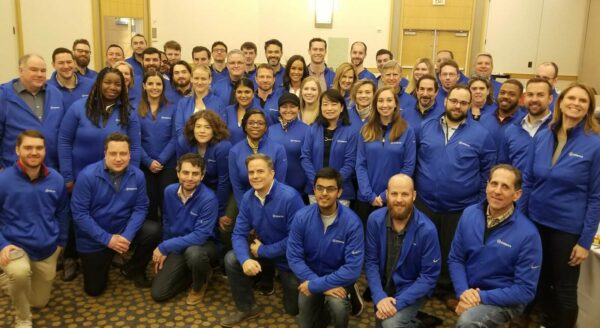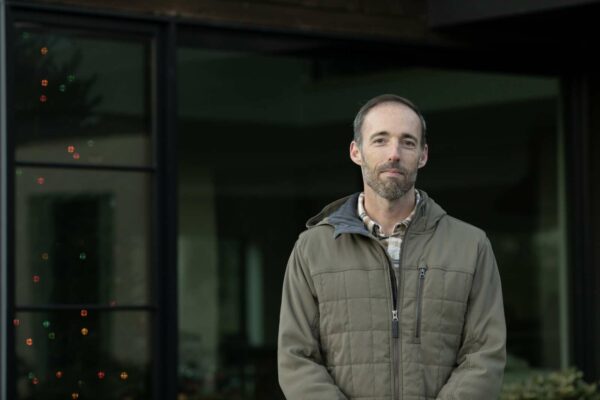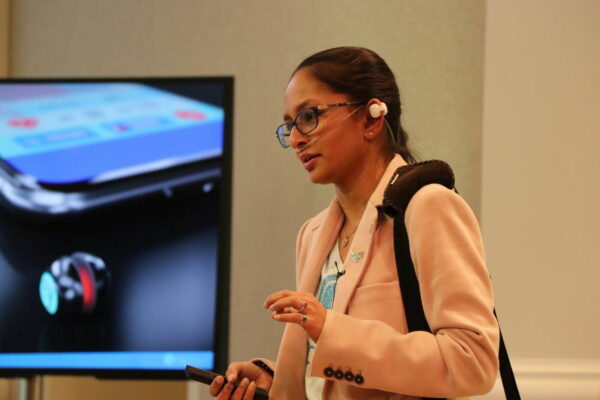Sponsored by Monday Properties and written by ARLnow, Startup Monday is a weekly column that profiles Arlington-based startups, founders, and other local technology news. Monday Properties is proudly featuring 1515 Wilson Blvd in Rosslyn.
Rosslyn-based Bitpath is working to roll out a 21st-century use for a midcentury technology: TV broadcasting.
The company says the architecture used by TV stations to broadcast their programming can also support the secure and efficient transmission of data. After all, TV and radio broadcasters and mobile phone service providers all send information wirelessly the same way, using radio frequency spectrum.
“We’re trying to be innovative and smart about how radio frequency spectrum is used,” said John Hane, the president of the startup.
The ability to repurpose broadcast TV for data services already has approval from the Federal Communications Commission, which regulates the broadcast airwaves. But broadcasters have yet to jump on the new tech because they are too small and too decentralized — relatively speaking — to do research and development and provide the services at a national scale, Hane said.
Bitpath was founded to do just that, he said. The startup is developing a platform comprised of a nationwide network of TV stations and aims to market it to companies that could benefit from better and safer data services. Bitpath is funded by big players in the TV industry, Sinclair Broadcast Group and Nexstar Media Group, which are keen to roll out this technology.
And Hane said Bitpath may be fully operational soon.
“We’re going to be launching services next year,” the president said.
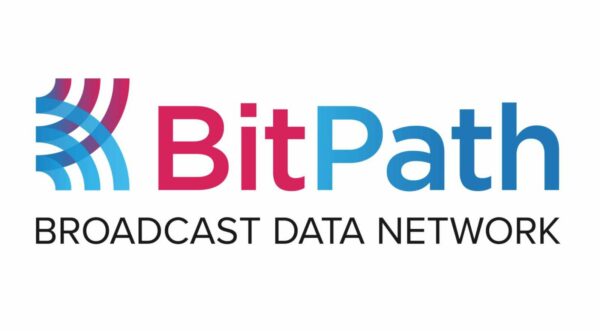
This innovation to broadcast comes as more “smart” devices come online and are competing for fast, high-quality data streaming, while big mobile providers are rolling out 5G to support the rising data demand. But no matter how fast these networks get, the networks still have to transmit data through individual streams, which Hane said slows things down.
“The nice thing about the broadcast architecture, it never slows down,” he said. “That releases the cell network to be used for critical uses that can only be carried that way.”
People gravitate toward internet, even when broadcast makes more sense — for instance, streaming a big sporting event — because they are accustomed to the customization the internet provides. Bitpath’s innovations integrate the efficiencies of broadcast with the personalization of the internet, Hane said.
Consumers will one day see the tech in action in a variety of ways, he said. Regional TV stations will be able to air more personalized political advertisements or weather alerts. GPS resolution on devices will get more precise, improving a navigation app’s ability to pinpoint where a driver is and thus the quality of the directions. And security can be enhanced for certain applications.
“You associate TV stations with providing TV. That’s the majority of what they’re going to do, but a small amount of their capacity can provide amazing new services,” Hane said.
Hane says mobile providers were able to pioneer this territory because they were not as regulated as TV broadcasting is.
“Cell networks have grown so fast, because there’s been so much investment in them,” Hane said. “We use them for just about everything, even when we don’t realize that it doesn’t make the best economic sense.”
For Bitpath’s project to work, it has to make sure the hardware is consistent enough for e-commerce companies, car manufacturers and banks to buy in.
“They’re going to want fully developed services, and a platform that just works the same everywhere,” he said. “They’ll have one point of contact, one set of standards, one set of operations, and one point of support, but the capacity actually is comprised of stations all across the country owned by 20 different owners.”



